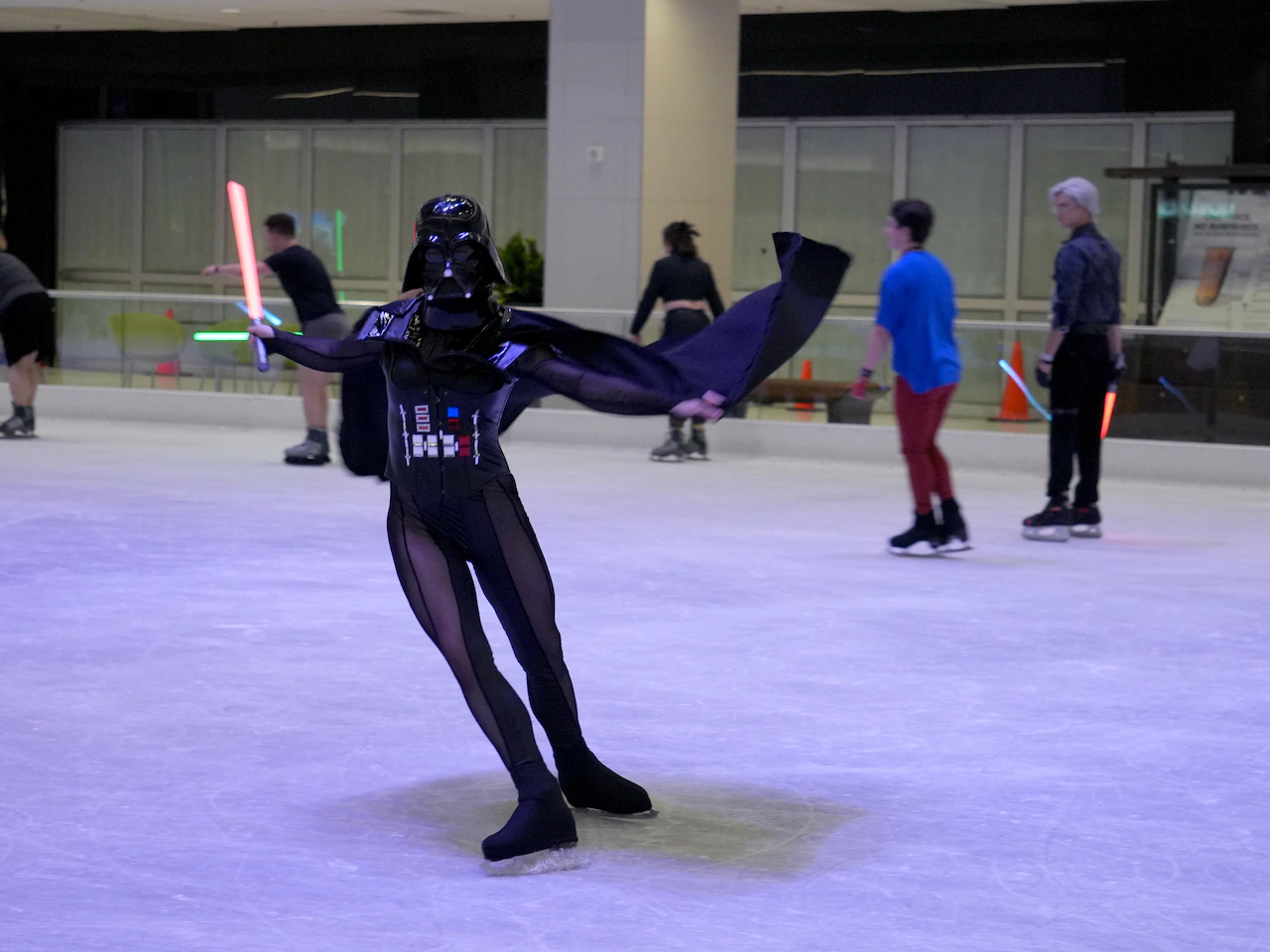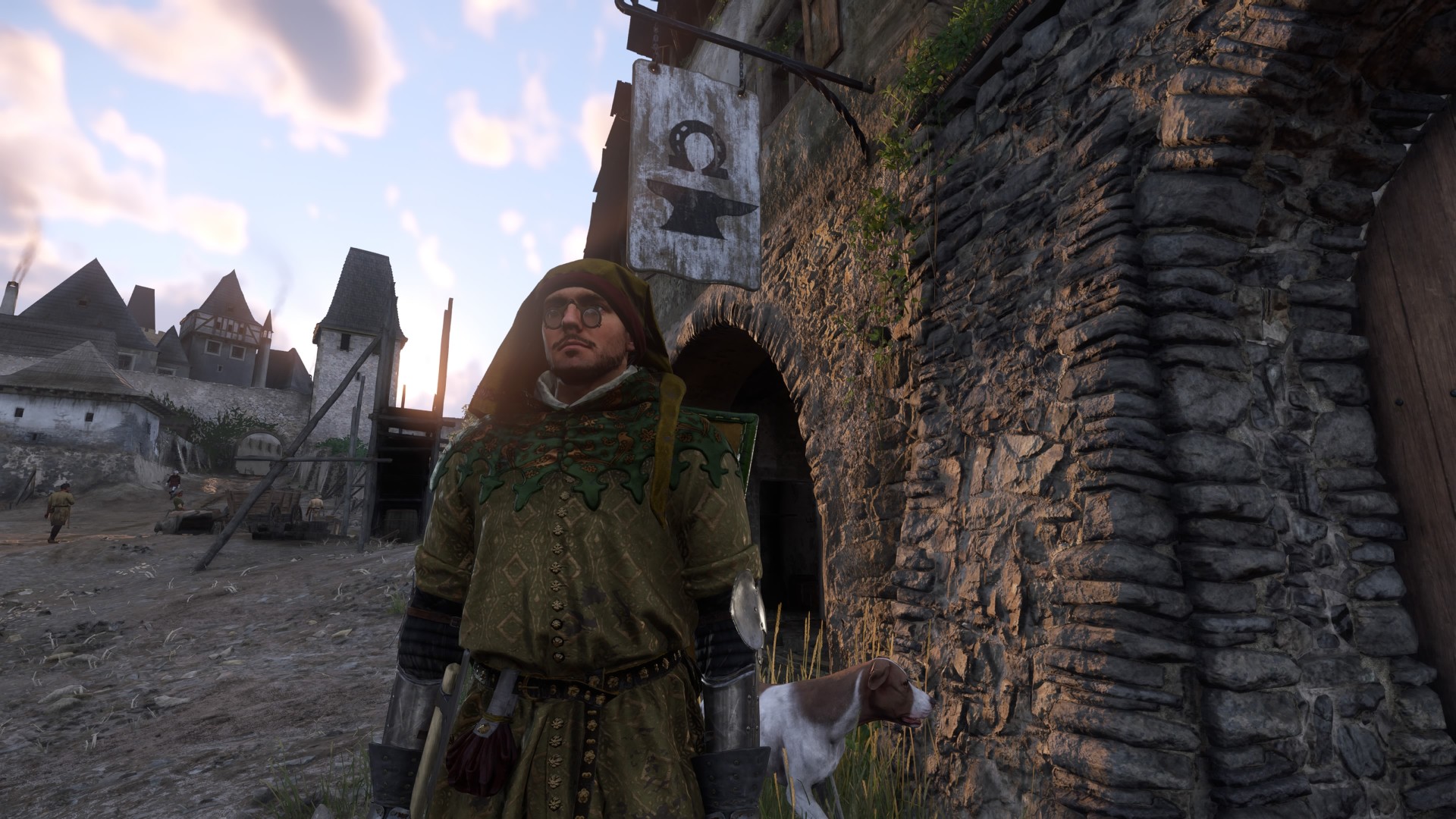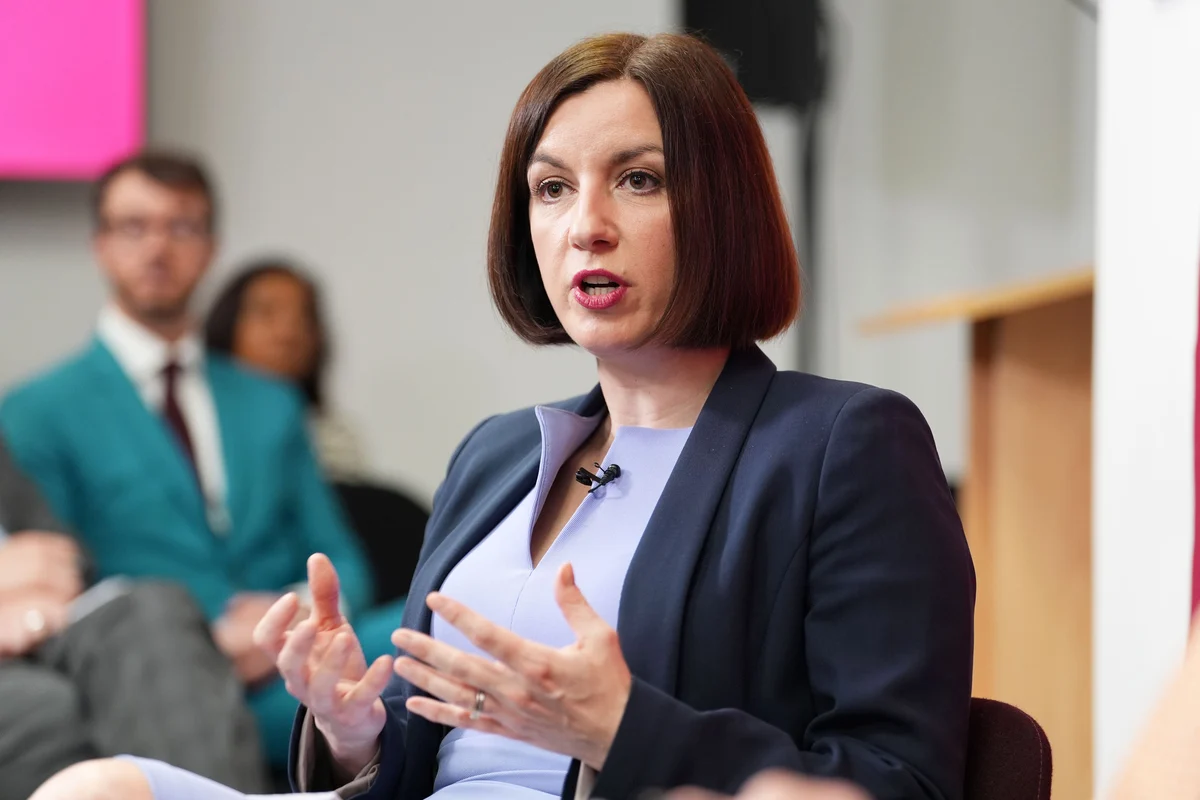
Matthew Henderson
For The Oregonian/OregonLive
Henderson owns Virtua Gallery in the Lloyd Center. He lives in Portland.
The old Nordstrom building at Lloyd Center has been demolished to make room for a music venue. But what happens to the rest of Portland’s most iconic mall is still an open question. Will it be a baseball stadium? A return to an open-air shopping center? Or something different?
The owners, Urban Renaissance Group and KKR Real Estate Finance Trust, have drawn up a master plan that envisions the mall as a mixed-use district with a blend of residential mid-rises, ground-level commercial, green spaces and new roadways connecting the area to the street grid. Although the owners have not provided specifics on how they will achieve this, their own drawings indicate that significant parts – if not all – of the mall will be completely demolished.
But this plan ignores a growing enthusiasm for the existing mall and disregards the potential of the mall’s creative rebirth.
As a small business owner currently situated at Lloyd Center, I’m struggling to understand the lack of imagination at the heart of the current redevelopment plan. Far from being a “dead mall” or an arid store of sentimentality, Lloyd Center is a civic asset and a monumental opportunity for Portland to reinvent itself in its own image.
These days, if you walk through the mall, alongside mainstays like Joe’s Carmel Corn and Barnes & Noble you’ll see local food carts graduated to brick-and-mortar; a comic book store featuring regional creators alongside DC and Marvel; shops to indulge hobbies ranging from Lego to collectibles to synthesizers to tabletop games; art galleries providing educational exhibits and social commentary; a fencing school that also sells high-end light sabers; camps teaching art, music and survival skills; a magic shop with its own theater and magic shows; a second-hand store providing up-cycled pet commodities; as well as clothing boutiques, photography services, a tattoo parlor, nail art studio, beauty salons, a pinball museum, roller disco, youth play spaces, and more.
These homegrown businesses represent the creative spirit, eccentricity and inventiveness that Portland is known for, and their efforts are complemented by activities ranging from weekly mall walking to Star Wars-themed cosplay on the ice rink.
Allow me to paint a picture of an alternative future for Lloyd Center: Instead of a wasteful and tragic demolition costing millions, imagine a hybrid approach that combines new construction with adaptive reuse and revives the historic shopping center as a hub of entertainment, community and commerce.
Imagine concerts staged on the ice rink, allowing patrons to watch from all sides and each level of the mall balconies. Picture a climbing gym providing recreational opportunities and experiential art exhibits transporting visitors. Think of farmers markets, CSAs, and a food court that celebrates the diverse food culture that Portland is known for.
Let Portland businesses and creative enterprises continue to reshape the mall and act as a center of gravity for new mixed-income housing built in the footprints of excess parking garages and former big box stores. With the right strategic approach, Lloyd Center could be a primary destination for Portlanders and tourists alike, similar to Powell’s Books and the Portland Japanese Garden.
Allowing the mall to “Portlandify” and become an anchor attraction would help ensure popularity of new residential construction, while creating a bustling neighborhood further enlivened by the concert venue slated to rise from the rubble of the former Nordstrom building.
This is the alternative plan that many of the Lloyd Center tenants, mall patrons, Portland creatives and residents talk about when envisioning a future that reflects our city’s values. It calls for keeping the core of the mall intact—including the ice rink, the three walkable levels and the wings—each of which saw substantial renovations as recently as 2016.
Admittedly, this plan may seem like a long shot without big financial backing. Even some mall tenants seem to believe closure is a foregone conclusion.
But this is where Portlanders and city leadership should step up and not be so quick to accept demolition is the only option. The city should incentivize Lloyd Center’s ownership to keep a meaningful portion of the mall intact or work to find a new buyer or philanthropist willing to invest in the mall’s future. Preservation groups should seek a historic designation acknowledging the significance of the venerable shopping center. A co-op management model could reduce operational costs. Portland could even turn the mall’s rebirth into a reality television show, generating interest and possible revenue for the conversion effort. Any or all these ideas are worth considering.
The plan to demolish Lloyd Center is an error of considerable magnitude and will break the spell of an authentic revitalization phenomenon currently taking place.
The chance for Portland’s famously creative community to transform the existing mall is clearly within reach, if ownership would simply catch up to the idea that by their very own ad slogan—“Reimagining Community”—Portland has begun to do just that.



